Got a traffic ticket with wrong information? You might be able to get it dismissed. Errors on your ticket, like incorrect car details or your name, can be used to challenge its validity. In this guide, you’ll learn how to identify these mistakes and take the right steps on how to get a ticket dismissed for wrong information to contest the ticket.
Key Takeaways
Accurate details on traffic tickets are essential for their validity; errors can be grounds for dismissal.
Major mistakes, like incorrect vehicle info, have a higher chance of getting a ticket dismissed compared to minor errors.
Gathering evidence, reviewing the ticket thoroughly, and consulting a legal professional are vital steps in contesting a traffic ticket.
Importance of Accurate Information on Traffic Tickets
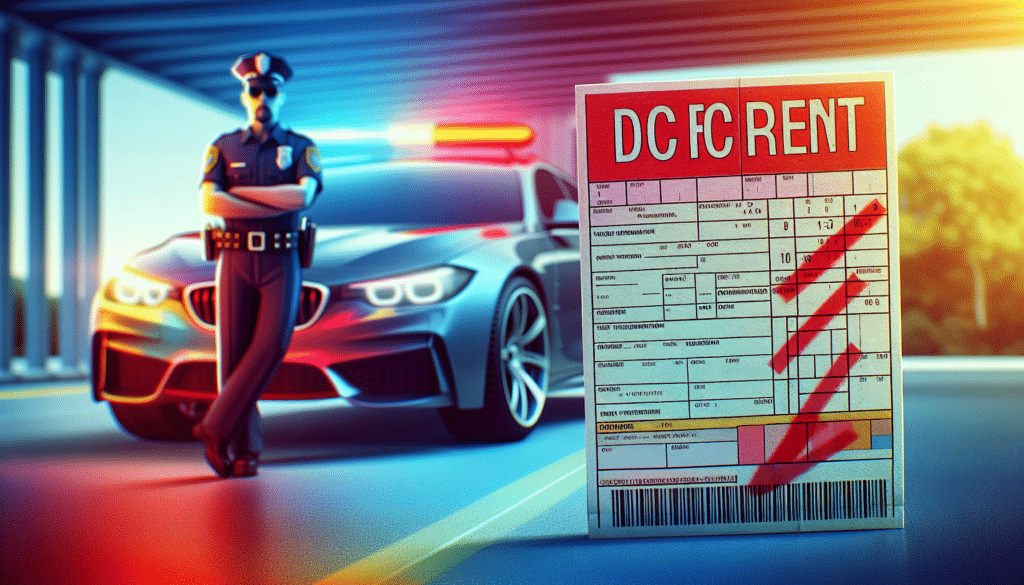
Accurate information on a traffic ticket is not just a bureaucratic necessity—it’s the cornerstone of the ticket’s validity. When an officer issues a ticket, every detail from the license plate number to the alleged violation must be correct. This accuracy ensures that the ticket is enforceable under traffic law. Any mistakes can undermine the ticket’s validity, giving you a potential pathway to contest it successfully.
Errors on traffic tickets can range from minor typos to significant mistakes, such as incorrect vehicle information. These mistakes are not uncommon and can significantly impact whether a ticket can be upheld in traffic court. Understanding the importance of these details can be the first step toward having your ticket dismissed.
Why Details Matter
Imagine getting a speeding ticket that lists your car as blue when it’s red. While this might seem trivial, such discrepancies can cast doubt on the ticket’s accuracy and, subsequently, its validity. Important details, like the color of the car, license plate number, and time of day, are crucial for maintaining the legal standing of the ticket. A wrong location on the ticket could suggest a mix-up with another incident entirely.
Gathering evidence, such as photos of relevant locations or signs, can bolster your case when disputing a ticket. Witness statements also add credibility to your claims. Understanding the specific traffic laws in your area can further aid in identifying errors on your citation and strengthening your defense.
Common Mistakes Made by Officers
Even the most meticulous police officer can make mistakes when issuing traffic tickets. Common errors include misspellings, incorrect vehicle identification, or even recording the wrong information about the incident, which can lead to a traffic violation. The relevance and gravity of these errors play critical roles in determining whether a ticket can be dismissed.
While minor errors like typos may not be enough to get a ticket dismissed, substantial mistakes, such as incorrect vehicle information, can significantly impact the ticket’s validity. Recognizing these common mistakes is essential for contesting a ticket effectively.
How Errors Can Lead to Dismissal
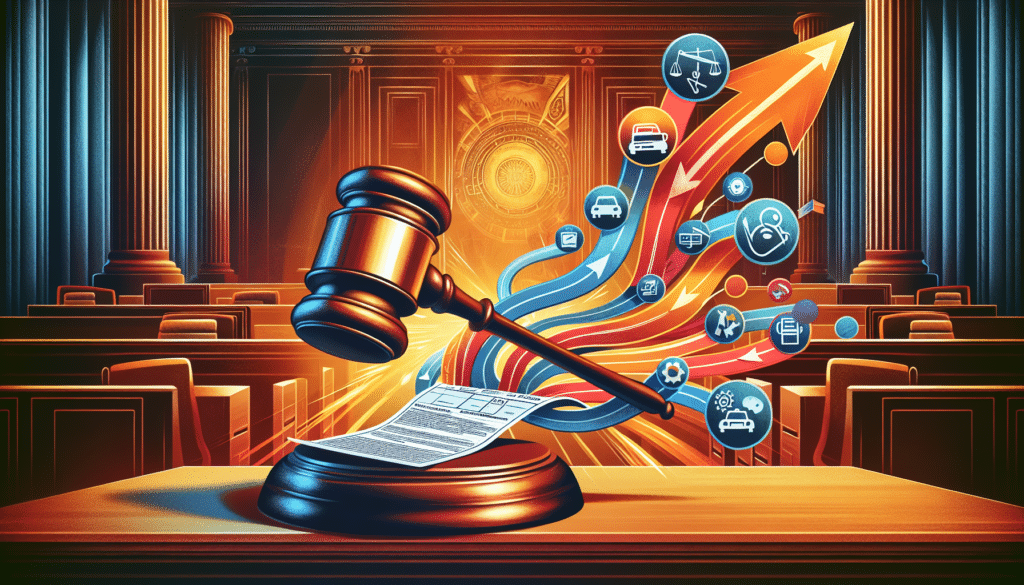
Mistakes in traffic ticket details can provide solid grounds for contesting the citation. Errors can jeopardize the enforceability of a ticket, making it possible for you to get it dismissed. However, not all mistakes are created equal. The chances of getting a ticket dismissed vary. This is influenced by how severe the error is and how it affects the ticket’s validity.
Substantial mistakes, like incorrect vehicle identification or wrongly identified driver, have a higher chance of leading to dismissal compared to minor errors. Showing evidence of multiple mistakes can create doubt about the officer’s judgment and increase your chances of having the ticket dismissed.
Major vs. Minor Errors
Understanding the difference between major and minor errors is crucial when contesting a ticket. Significant errors, such as incorrect driver’s license number or vehicle model, can greatly affect the validity of a traffic ticket. These substantial mistakes often lead to ticket dismissal because they undermine the accuracy of the citation.
On the other hand, minor errors, such as a misspelled name or incorrect date of birth, typically have less impact on the ticket’s validity. While these minor errors may not be enough on their own to get a ticket dismissed, they can still play a role as part of a broader defense strategy.
Examples of Effective Disputes
Real-life examples often illustrate the power of identifying errors on traffic tickets. Consulting a speeding ticket attorney can provide valuable insights on how to effectively contest tickets with incorrect details. For instance, if a ticket cites the wrong driver’s name or vehicle information, it may be grounds for dismissal in court.
Substantive errors on a traffic ticket can lead to significant legal repercussions, potentially allowing the ticket to be dismissed if identified and contested correctly. These examples highlight the importance of thoroughly reviewing your ticket and seeking professional advice when necessary.
Steps to Take When You Spot an Error
Spotting an error on your traffic ticket is just the beginning. Taking immediate action is crucial to contesting the inaccuracies. Delays can limit your options and disadvantage your position when contesting a ticket. The first step is to gather all relevant documents, including the ticket itself and any supporting evidence.
To formally challenge a traffic citation, it’s essential to gather all relevant evidence and documentation that supports your case, such as photographs, diagrams, and witness statements. This thorough approach will strengthen your dispute and increase your chances of success.
Review Your Ticket Thoroughly
The moment you receive a traffic ticket, inspect it for errors or discrepancies. Major discrepancies have a higher likelihood of affecting the validity of a ticket compared to minor errors. Keeping a written account of events leading to the ticket can help establish a timeline and support your case.
Reviewing your ticket thoroughly allows you to identify any inaccuracies that could help get your ticket dismissed. By understanding the specific details listed on the citation, you can better prepare your defense.
Gather Evidence
A strong defense against a traffic ticket relies on solid evidence and well-structured arguments. Collecting photos of relevant locations, signs, or any other pertinent details can help cast doubt on the accuracy of the ticket. Witness statements are also invaluable, as they provide additional proof to support your claims.
Documentation and proof are crucial in building a strong case. Keeping a log of all interactions and noting down critical dates can help you stay organized and present a compelling argument in court.
Consult a Legal Professional
Consulting a legal professional can significantly increase your chances of successfully contesting a traffic ticket. Legal professionals can provide tailored advice based on the specific traffic laws that apply to your case. They can help identify strengths and weaknesses in your case, ensuring that you are well-prepared for court.
Being organized and clear about your arguments is crucial for a successful defense. An attorney can guide you through this process, helping you present your case in the best possible light.
Filing a Formal Dispute
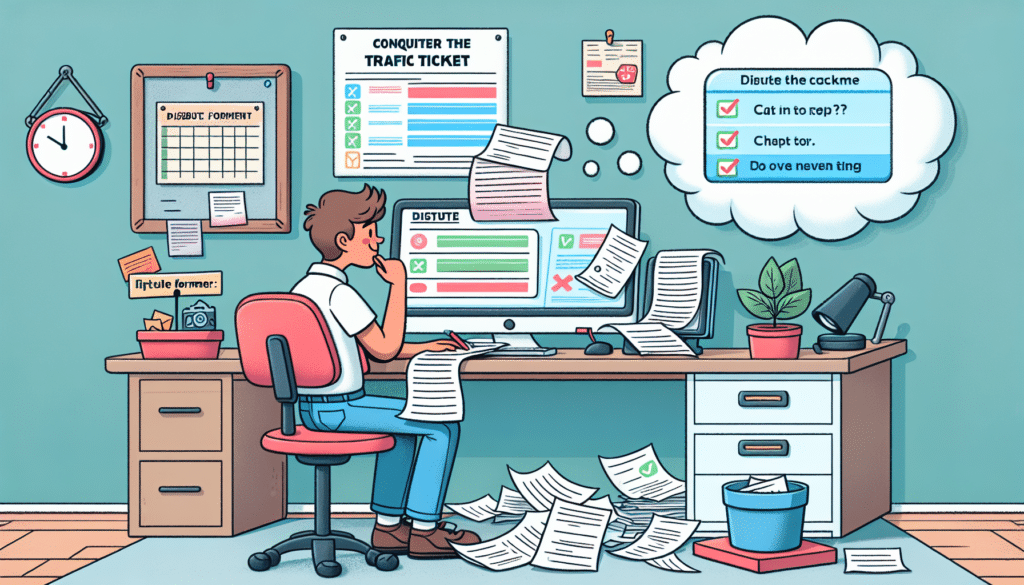
Filing a formal dispute is a critical step in ensuring that incorrect information on your traffic ticket does not unjustly penalize you. Collecting supporting documentation, such as photos of the vehicle, witness statements, or records showing the error, is essential for a successful dispute. Staying organized and thorough in your documentation and responses can significantly enhance your chances of a favorable outcome.
Errors on traffic tickets can provide valid grounds for contesting them, particularly if they include incorrect vehicle information or misquoted laws. By following the proper process, you can effectively challenge the ticket and potentially get it dismissed.
Submission Process
To formally contest a traffic ticket, specific forms must be completed and submitted to the relevant court or traffic authority, adhering to local deadlines. Filing a dispute typically involves completing forms that outline the inaccuracies of the ticket and submitting them before a set deadline.
Disputes should be submitted within the designated timeframe, often specified on the citation, to ensure they are considered by the court. Providing detailed arguments and proof of the errors will strengthen your case.
Preparing for Court
Organizing evidence such as photographs, diagrams, and witness statements can strengthen your case when preparing for a traffic court hearing. Creating a clear outline of your argument, including key points and supporting evidence, can help in effectively presenting your case during the hearing.
Being well-prepared and organized significantly enhances your chances of persuading the judge during your hearing. Make sure to plan your arguments logically and present your evidence clearly to support your defense.
What to Expect in Traffic Court
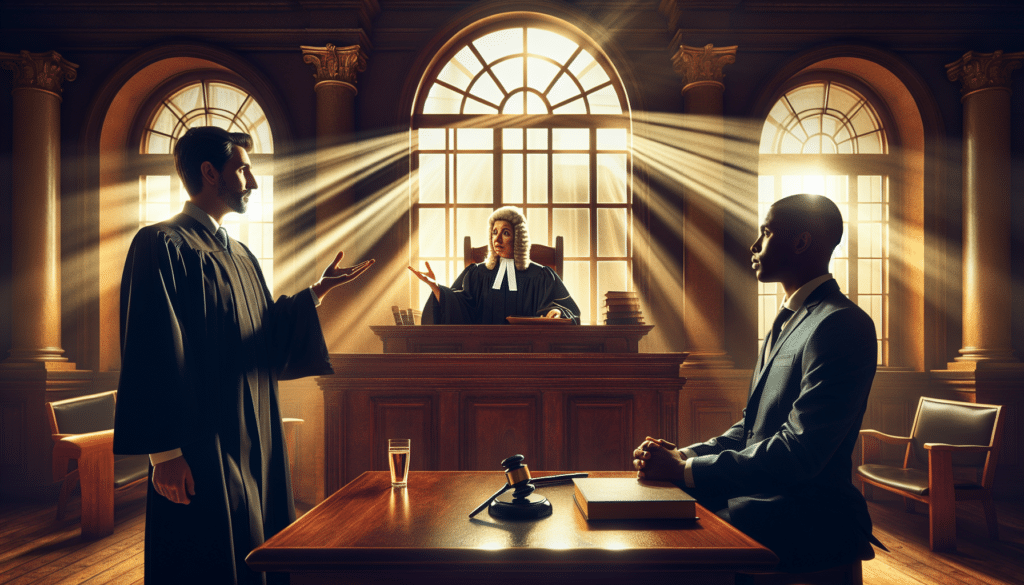
Traffic court can be an intimidating experience, but knowing what to expect can help alleviate some of the stress. During the hearing, the officer who issued the ticket will present their case before you have the chance to defend yourself. The burden of proof lies with the prosecution to demonstrate your guilt beyond a reasonable doubt.
The judge will weigh the evidence presented by both you and the officer. Understanding this process can help you better prepare for your court date and increase your chances of a favorable outcome.
Presenting Your Case
Testifying on your own behalf can be beneficial, as it provides an opportunity to directly address the elements of the violation. Evidence such as photographic proof can significantly bolster your argument in traffic court.
Witnesses can be called to support your case, but it’s essential to prepare them to ensure their testimony aligns with your defense. Maintaining a respectful demeanor can positively influence the officer’s and judge’s perception of your case.
Possible Outcomes
The judge may dismiss the ticket, reduce the fine, or require you to attend traffic school based on the strength of your evidence. If you contest a ticket and lose, you generally must pay the fine as stated on the ticket.
A traffic court hearing may lead to various outcomes, such as ticket dismissal, fine reduction, or requirement to attend traffic school. In some cases, if the ticket is not dismissed, the fine may be reduced based on the circumstances.
Tips for a Successful Defense
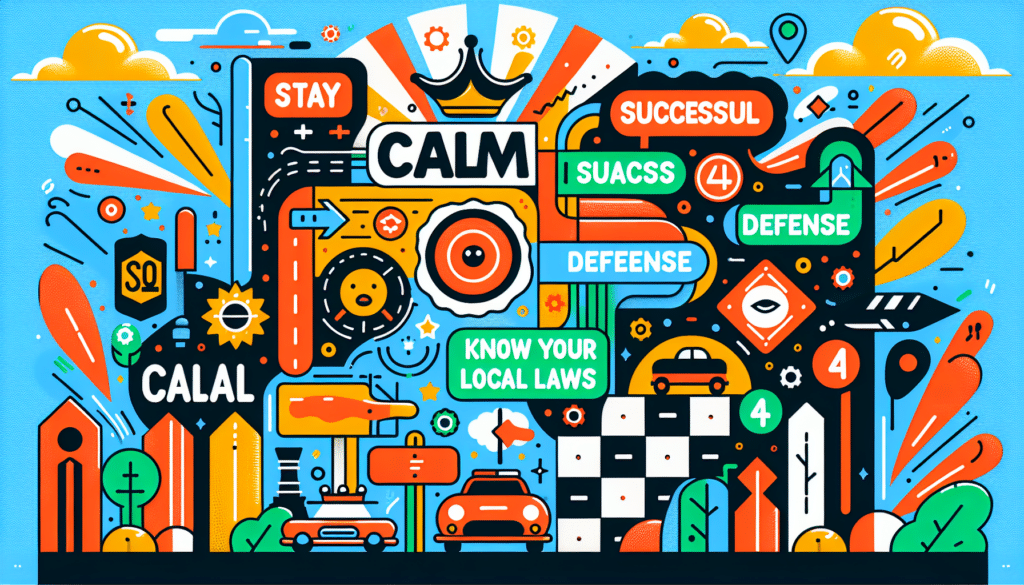
Building a strong defense against a traffic ticket requires focus and preparation. It’s crucial to stay focused on how any inaccuracies on the ticket undermine its validity. Remaining respectful and concise while presenting your case can make a positive impression on the judge.
Outcomes of a traffic court hearing can include ticket dismissal, reduced fines, or a requirement to complete traffic school. Understanding these potential outcomes can help you prepare a more effective defense.
Stay Calm and Respectful
Maintaining a calm and respectful demeanor is crucial when dealing with traffic officers and in court. Interactions with officers can greatly improve when approached with respect, leading to a more constructive dialogue.
In court, presenting oneself as calm and respectful can positively influence the judge’s perception. Overall, staying calm and respectful throughout the process is essential for achieving a favorable outcome.
Know Your Local Laws
Understanding the specific traffic laws in your area can give you a significant advantage when contesting a ticket. State law varies by state and city, so it’s essential to know the local regulations that apply to your case. Familiarity with these laws can help you identify errors on your ticket and build a stronger defense.
A solid defense relies on understanding the traffic law linked to your citation. By knowing the specifics of defensive driving, you can craft more effective arguments and increase your chances of a favorable outcome.
Be Proactive
Being proactive is crucial when contesting a traffic ticket. Familiarity with local traffic regulations provides a strategic advantage. Understanding the specific traffic codes applicable to your case helps in crafting a strong defense.
Taking early steps, such as gathering evidence and consulting a legal professional, can lead to a more favorable outcome. By being proactive, you demonstrate your commitment to contesting the ticket and increase your chances of success.
Summary
In summary, accurate information on a traffic ticket is crucial for its validity. Errors, whether major or minor, can provide grounds for contesting the citation and potentially getting it dismissed. By taking immediate action, gathering evidence, and consulting a legal professional, you can build a strong defense.
Remember to stay calm and respectful throughout the process and know your local traffic laws. Being proactive and well-prepared can significantly increase your chances of a favorable outcome. If you spot errors on your traffic ticket, don’t hesitate to take action and fight for your rights.
Frequently Asked Questions
What should I do if I find an error on my traffic ticket?** **?
If you find an error on your traffic ticket, carefully review the ticket for details, collect any supporting evidence, and consider consulting a legal expert to help you dispute it effectively. Taking quick action can lead to a better outcome!
Can minor errors on a traffic ticket get it dismissed?** **?
Minor errors on a traffic ticket typically won’t get it dismissed on their own, but they can be part of a larger defense that challenges the ticket’s validity. So, if you notice something off, it might be worth discussing with a lawyer.
How do I formally dispute a traffic ticket?** **?
To formally dispute a traffic ticket, submit the required forms to the appropriate court or traffic authority promptly, including your arguments and any evidence showing the ticket was issued in error. It’s important to stay within the deadline to ensure your dispute is considered.
What kind of evidence is useful in contesting a traffic ticket?** **?
To effectively contest a traffic ticket, gather photographs, diagrams, witness statements, and any other supporting documentation. This evidence can significantly strengthen your case.
What are the possible outcomes of a traffic court hearing?** **?
At a traffic court hearing, the judge could dismiss your ticket, reduce the fine, or possibly send you to traffic school, all depending on how well you present your case. So, it’s important to prepare and show your best evidence!




